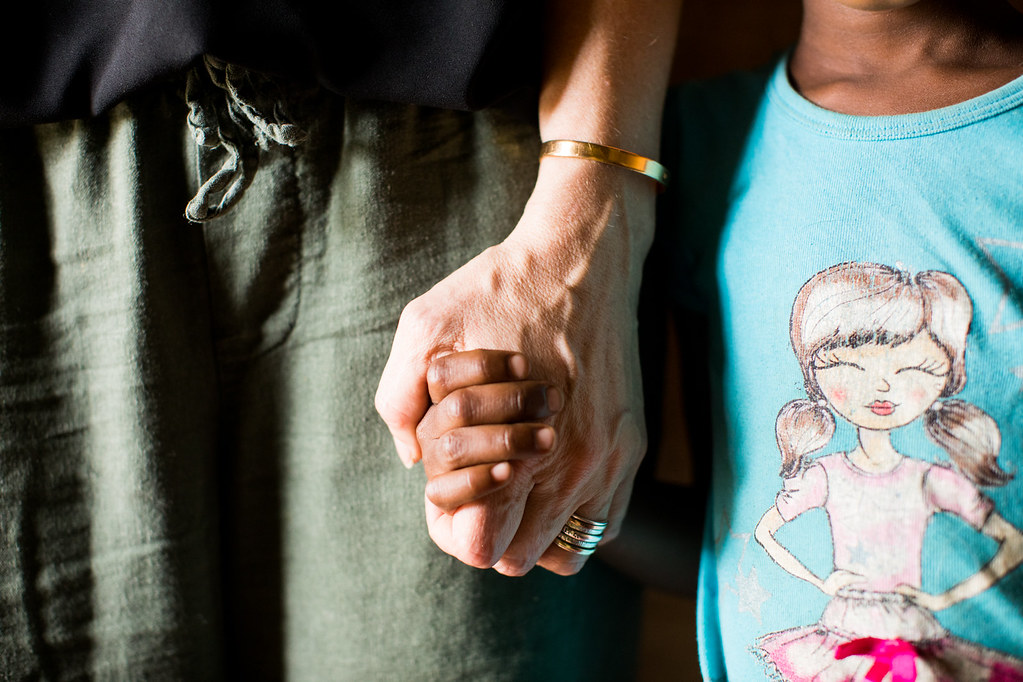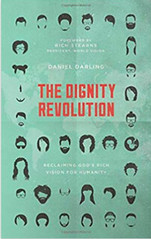Daniel Darling is a friend of mine who invited me to speak last year at a gathering in Washington, D.C. entitled, Evangelicals for Life. The purpose of this gathering is to encourage Christians to care about the most vulnerable among us, from the unborn to the undocumented. That’s why I was eager to endorse Daniel’s new book, The Dignity Revolution, where he imagines what a movement that spoke up for all kinds of vulnerable people would look like. It’s a grace to welcome Daniel to the farm’s front porch today…
It was a weekday morning and we packed our four kids into the minivan and rambled down Route 40 toward that venerable Nashville landmark The Grand Ole Opry.
We weren’t there to see one of our favorite country music artists, but a live production of Dr. Seuss’s Horton Hears a Who.
To be honest, while the rest of the family was excited, I admit that if my wife hadn’t politely asked (ordered) me to take a day off work, I wouldn’t have made this entertainment choice.
So as we settled into our comfortable chairs at the Opry, I pre-pared myself to be bored. I thoroughly enjoy theater, but I had low expectations for a production designed to amuse children and, by extension, weary adults.
I consoled myself with a fully-charged iPhone, invented for these kinds of situations. My plan was to dim the brightness, read a few online articles I’d bookmarked on my browser, and re-emerge after the play.
I never looked at my iPhone.
I was enraptured by the performance. I’d read the book a few times as a kid and a few more as a parent, but it wasn’t until I saw Dr. Seuss’s vivid morality tale on stage, under the lights, that its powerful, repeated message grabbed my heart:
“A person’s a person, no matter how small.”
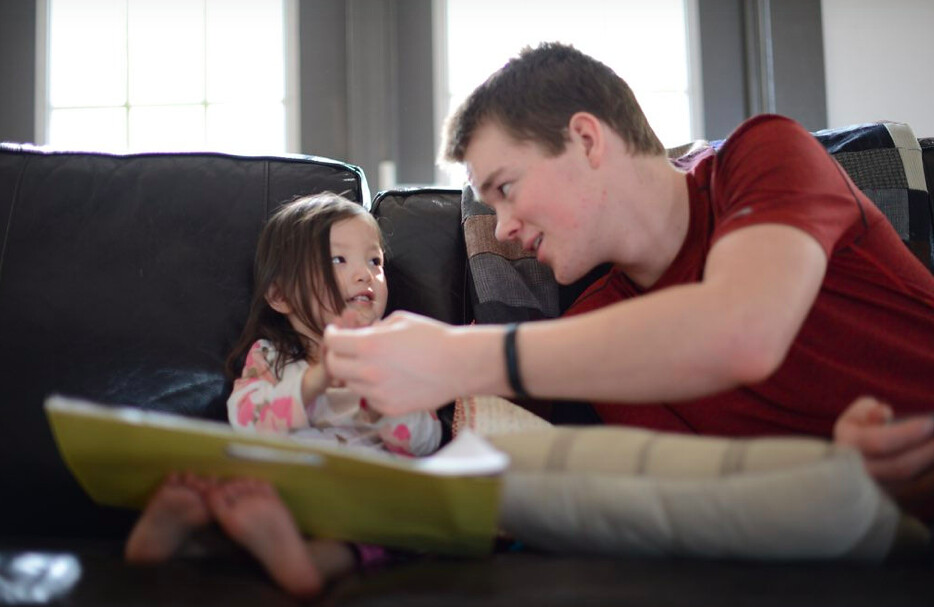
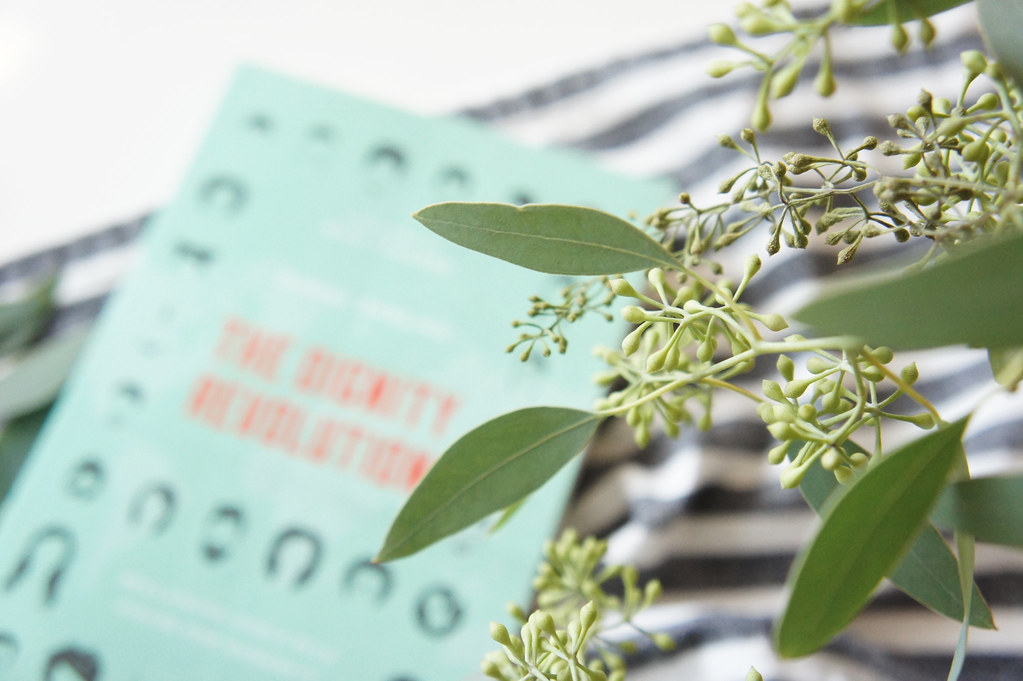
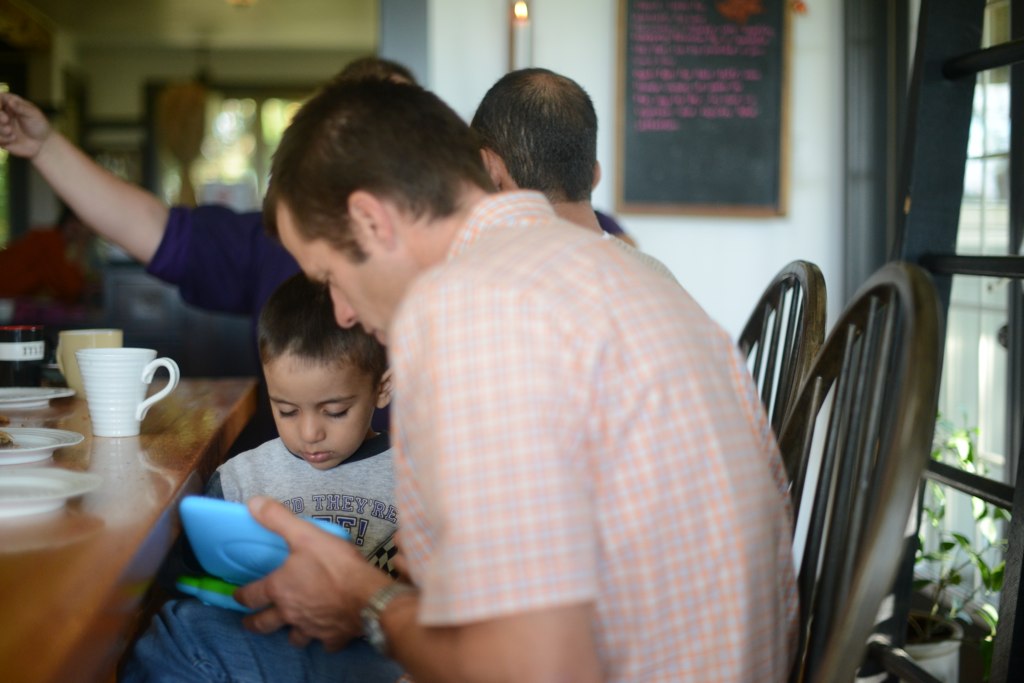
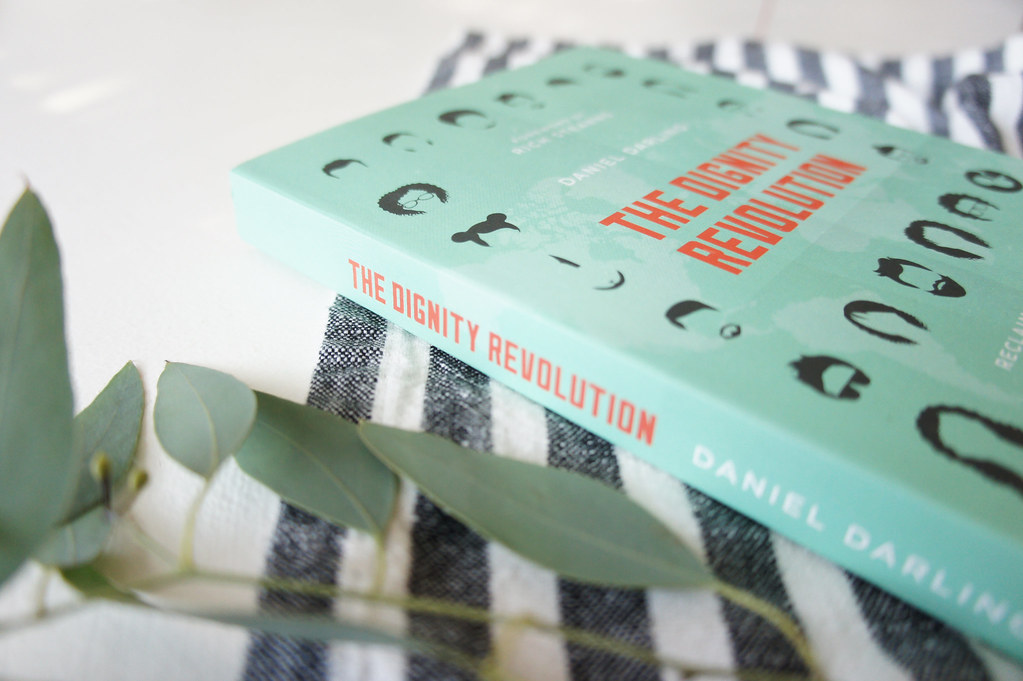


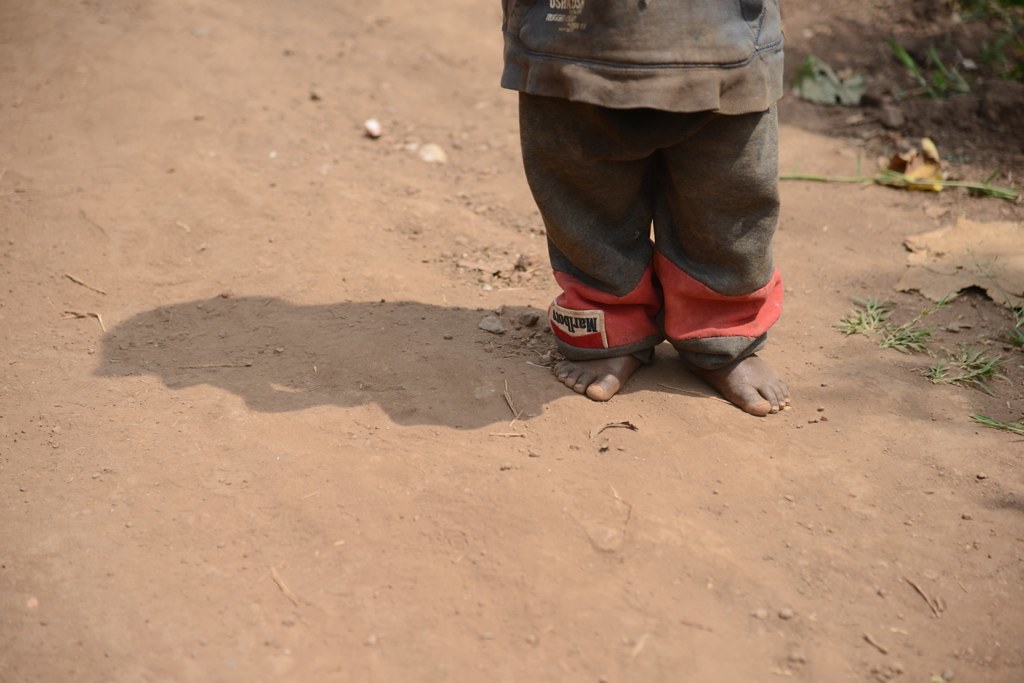
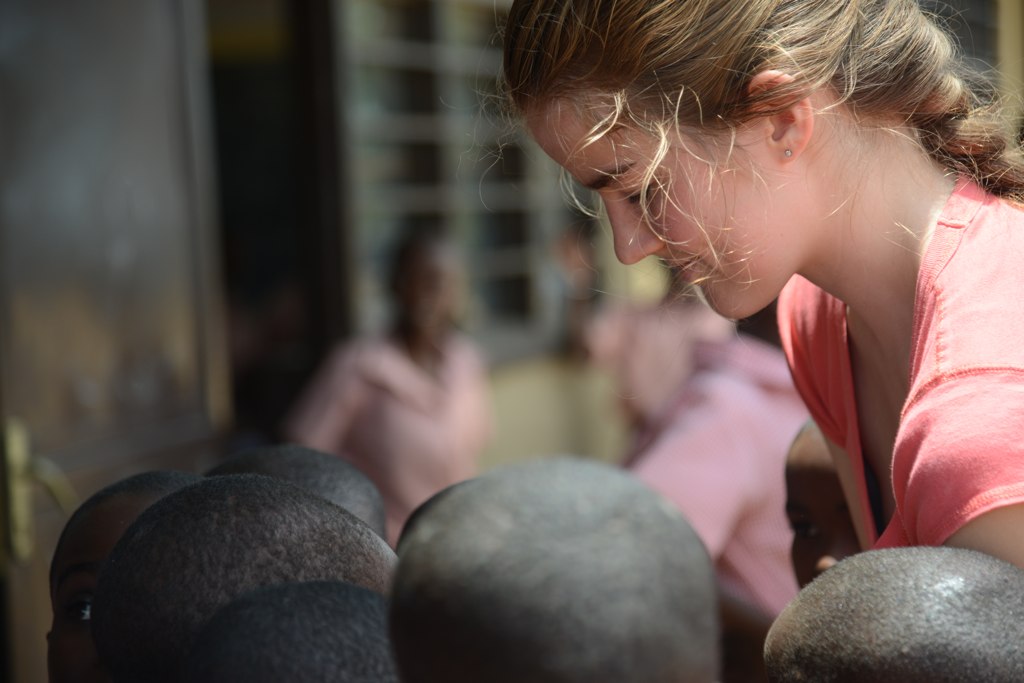


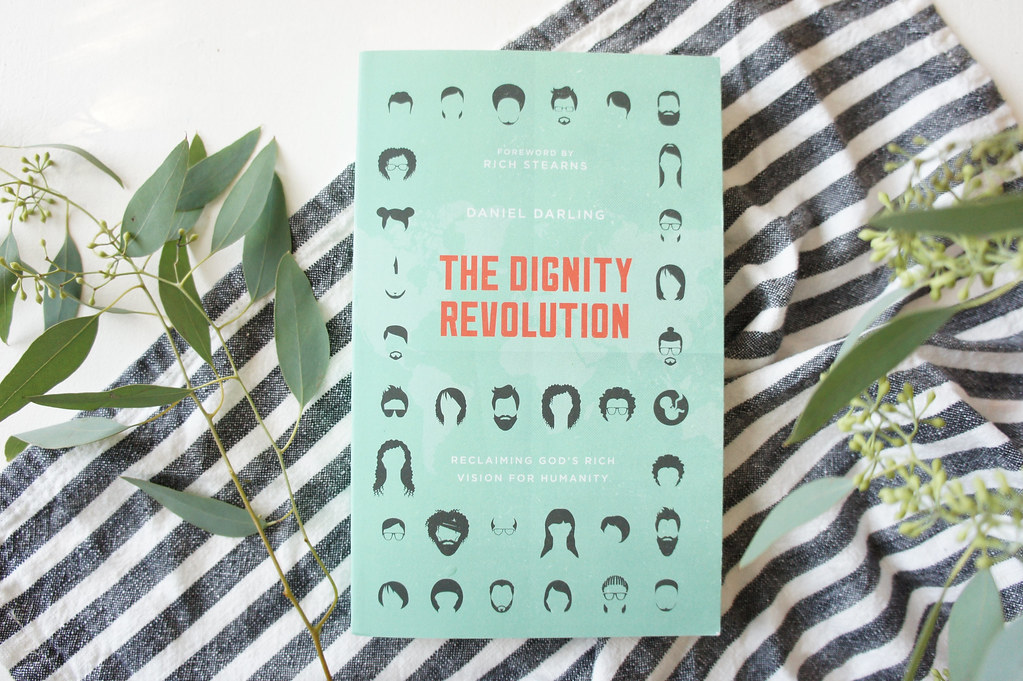
When I heard this phrase, I sat straight up. It was so simple, so obvious, and so compelling.“Yes,” I thought, “every person really is a… person, no matter what their usefulness to society, no matter how seemingly insignificant they are, no matter what their stature.”
A person’s a person. What a thought for our strange and confused age.
Curious, I researched (later, of course, with my iPhone firmly in my pocket) the origins of Horton Hears a Who.
I discovered that Theodore Geisel, aka Dr. Seuss, wrote this children’s book after he took a tour of Japan in 1953.
It was an eye-opening journey for the author. During World War II, Geisel had used his creative gifts to rally America to the Allied cause. His pro-America cartoons were a fixture in newspapers and magazines across the country. Geisel was a steadfast supporter of President Franklin Roosevelt and the fight for freedom against the fascism of Germany, Japan, and Italy.
But Geisel’s work went beyond patriotism.
In his cartoons, he presented Japanese people as less than human. His illustrations helped stoke an ugly anti-Japanese sentiment in the US, at a time when Japanese-Americans were ordered to evacuate their homes and were interned in camps.
Geisel’s work was tinder for the fires of racial resentment. But when the artist visited Japan and met survivors of the devastating atomic bombs that rained down on Nagasaki and Hiroshima, on many tens of thousands of Japanese people, something changed inside him.
He saw humanity in people he had once considered subhuman.
And so, when he returned to America, Geisel apologized in the clearest way he knew how. He wrote a children’s book: Horton Hears a Who.
Though he was raised Lutheran, there isn’t much in Geisel’s life to indicate genuine faith in Christ. The ethic he presented in Horton, however, borrows from the beautiful Christian idea that every single human life has dignity.
This was what Geisel had come to realize, too late for him to un-draw his cartoons but not too late for him to write this signature line in his book: a person’s a person, no matter how small.
The easy temptation for us is to look back at Theodore Geisel’s time and assume we’d behave differently.
We know (don’t we?) not to dehumanize a whole group of people.
We like to write ourselves into history as the heroes, and assure ourselves that we have learned from past mistakes.
But let’s not do that too fast.
It’s always easier to see the blindspots of another culture, and another political position, and another’s heart, than it is our own.
About what might our grandchildren wonder how we could ever have thought as we do, or lived as we do, or kept quiet as we do?
The truth is that we live in a world of terrible, daily assaults on humans, from war to famine to sexual assault to poverty, from the earliest stages of life to the last.
And we’re tempted, like people in every era but perhaps more so today, to let our tribal affiliations and cultural prejudices blind us to real human tragedy or, worse, be complicit in the marginalizing of people groups.
What’s more, advances in technology are challenging our assumptions about what it means to be human.
We need a fresh approach to engaging with the world.
I’d like to suggest that this can be found in a recovery of the robust Christian doctrine of human dignity.
Genesis, the book of beginnings, contains in its first chapter a profound definition of what it means be human. Moses, the human author of the opening book of the Bible, contrasts the origins of animal and plant life with the origins of humanity.
He uses exalted language to describe God’s crafting of human existence. The rest of creation is spoken into existence by the word of God, but human life is sculpted by the hands of God from the dust of the ground. Into humans was breathed the breath of life (2 v 7).
And, most importantly, humans are, as Moses mentions twice in the creation account, created “in the image of God” (Genesis 1:26-27).
Imagine, for a moment, if God’s people began to lead a new, quiet revolution whose foundation was a simple premise:
Every human being—no matter who they are, no matter where they are, no matter what they have done or have had done to them—possesses dignity, because every human being is created in the image of God?
To be fully captured by the Bible’s rich vision of human dignity will provoke us to act in different ways.
Some will feel the call to run for office… others will roll up their sleeves and join the good work of nonprofit ministry… and others might simply find little ways to incorporate this vision of human dignity into their everyday lives and change their community one word, one action, one person at a time.
Each one of us can be, and are called to be, part of this movement—a human dignity revolution that our societies need, and that we—you—are uniquely placed as Christians to join.
Because a person’s a person, no matter how small.
Daniel Darling is the vice-president of communications for the Ethics and Religious Liberty Commission. He’s contributing editor to CT Pastors and a columnist for Homelife. His work regularly appears at The Gospel Coalition, In Touch, and other publications. Daniel is the author of several books including his latest, The Dignity Revolution: Reclaiming God’s Rich Vision for Humanity.
In The Dignity Revolution, Daniel explains just what it means to be “created in the image of God” and how this powerful truth could reshape the way we think about ourselves and our world and could disrupt our politics.
Each one of us can be, and are called to be, part of this new movement a human dignity revolution that our societies need, and that we you are uniquely placed as Christians to be join.

